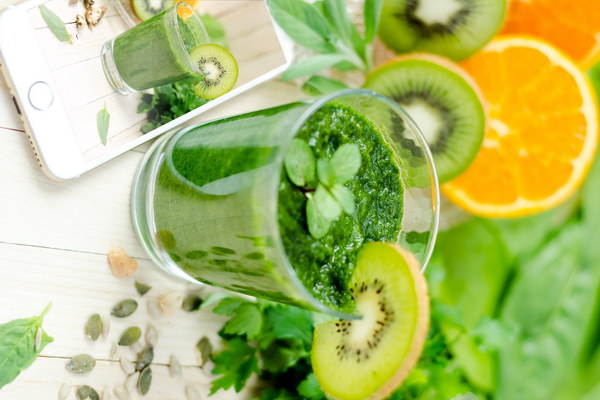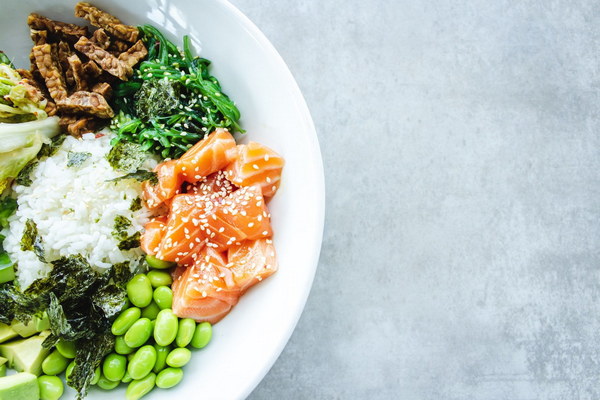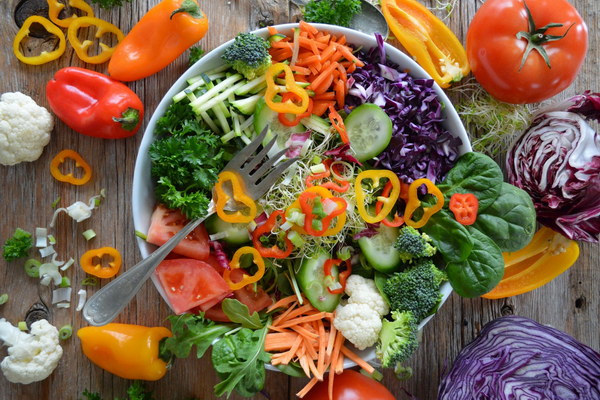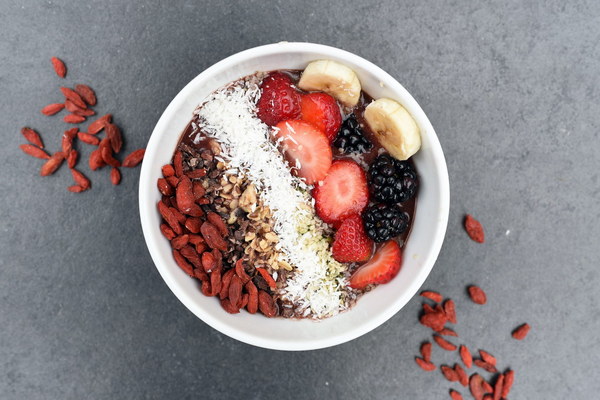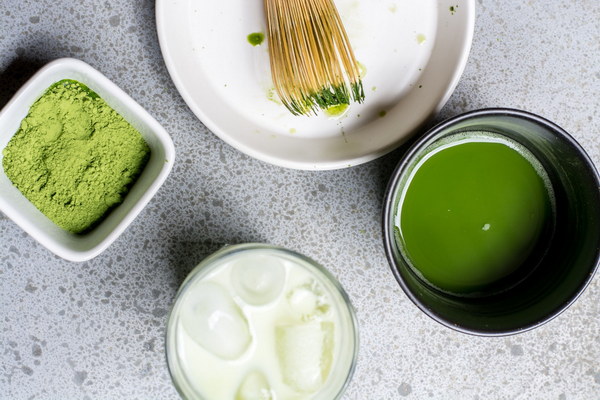Nourishing Your Stomach A Guide to Eating Vegetables for Gastric Polyps
Gastric polyps are small, growths that can form in the lining of the stomach. While some are harmless, others may lead to more serious conditions. One of the most effective ways to maintain a healthy stomach and prevent the growth of polyps is through diet. Specifically, incorporating certain vegetables into your meals can help nourish your stomach and promote healing. In this article, we will explore the benefits of eating vegetables for those with gastric polyps and provide you with a list of the best options.
1. The Importance of Diet in Gastric Polyps Management
A healthy diet is crucial in the management of gastric polyps. Certain foods can exacerbate the condition, while others can help reduce inflammation, improve digestion, and prevent the growth of polyps. By focusing on a balanced diet rich in vegetables, you can support your stomach's health and reduce the risk of complications.
2. Benefits of Vegetables for Gastric Polyps
a. High in Fiber: Vegetables are an excellent source of dietary fiber, which helps to move food through the digestive tract smoothly. This can reduce the risk of constipation and the formation of polyps.
b. Anti-inflammatory Properties: Many vegetables contain compounds that have anti-inflammatory effects, such as flavonoids and carotenoids. These compounds can help reduce inflammation in the stomach lining and promote healing.
c. Rich in Vitamins and Minerals: Vegetables are packed with essential nutrients that support overall health and help to strengthen the immune system. This can help your body fight off infections and reduce the risk of polyps.
d. Low in Fat and Calories: Vegetables are low in fat and calories, making them an ideal food choice for those looking to maintain a healthy weight. Excess weight can increase the risk of developing polyps, so focusing on vegetables can help keep your weight in check.
3. Best Vegetables for Gastric Polyps
a. Spinach: Rich in iron, fiber, and vitamin C, spinach is an excellent choice for those with gastric polyps. It can help improve digestion and support a healthy stomach lining.
b. Broccoli: Broccoli is high in fiber, vitamin C, and vitamin K, which can aid in digestion and reduce inflammation. It also contains sulforaphane, a compound that may help prevent the growth of polyps.
c. Carrots: Carrots are a great source of beta-carotene, vitamin A, and fiber. They can help improve gut health and reduce the risk of polyps.
d. Kale: Kale is packed with fiber, vitamin C, and antioxidants. It can help improve digestion, reduce inflammation, and support a healthy stomach lining.
e. Sweet Potatoes: Sweet potatoes are high in fiber, vitamin A, and vitamin C. They can help regulate blood sugar levels and promote a healthy gut environment.
f. Garlic: Garlic has anti-inflammatory properties and can help reduce the risk of polyps. It is also known to boost the immune system and improve overall stomach health.
4. Tips for Incorporating Vegetables into Your Diet
a. Experiment with different cooking methods: Try steaming, sautéing, or roasting your vegetables to bring out their flavors. This can make them more enjoyable and easier to incorporate into your meals.
b. Add vegetables to your favorite recipes: Add spinach or kale to your smoothies, or use broccoli as a side dish. The possibilities are endless!
c. Snack on vegetables: Have a veggie stick or a small salad as a healthy snack to keep you full and nourished.

d. Aim for variety: Try to include a variety of vegetables in your diet to ensure you're getting a wide range of nutrients.
In conclusion, eating vegetables is an excellent way to support your stomach health and manage gastric polyps. By incorporating a variety of vegetables into your diet, you can reduce inflammation, improve digestion, and reduce the risk of polyps. Remember to focus on a balanced diet and consult with your healthcare provider for personalized advice. Happy eating!
